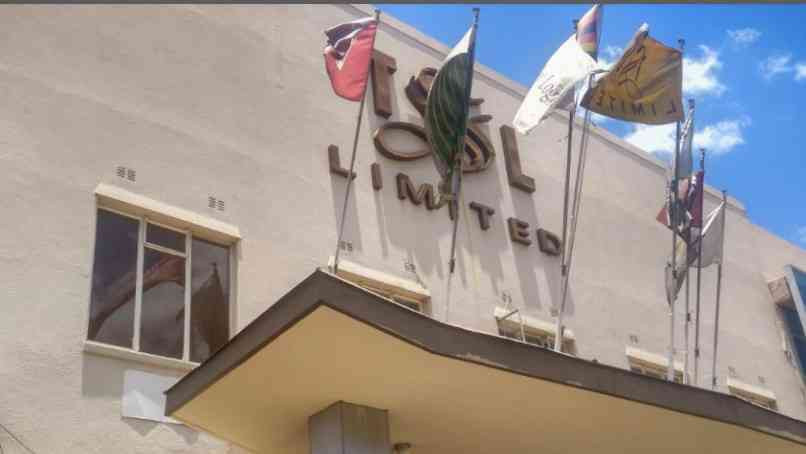
The Zimbabwe Revenue Authority (Zimra) has slapped Innscor Africa Limited with US$187 000 in additional taxes for the year ended June 30, citing tax treatment uncertainties — even after the group had paid millions that are under dispute.
In a report on its half-year performance for the period ended December 30, 2024, Inscor said Zimra assessed additional income taxes, penalties, and interest amounting to US$13, 21 million from 2019 to 2021.
However, in its newly released full-year financial results ended June 30, 2025, Innscor revealed that Zimra had hit the company with additional assessments, pushing the disputed liabilities to US$13,39 million.
These tax obligations are being challenged by Innscor, a consumer staple and durable goods company, in the courts..
Financial analysts and business membership organisations have warned the government against squeezing top-performing firms for additional revenue, as collectively they form only 23,9% of the economy, with informal players forming the majority.
Innscor chairman Addington Chinake said in the last few years, Zimra had continued to assess additional income taxes, value-added tax (VAT), penalties, and interest for the periods 2019 to 2021 against the group’s divisions, subsidiaries, and associates.
He said these were for amounts that had already been settled in Zimbabwe dollars, which Zimra deemed should have been paid exclusively in foreign currency or for matters on which the group believes it has no tax liability.
“No credit has been given by Zimra for these amounts that have already been paid,” Chinake said.
- Trophy hunting drives African lion into extinction
- Prove how we ‘rig’ polls: Zec
- CCC youths camp at Chin‘ono home
- Self-care tips to boost your mental health
Keep Reading
“As at 30 June 2025, these additional assessments for the group’s divisions and subsidiaries amounted to US$13,398 million, whilst a further US$5,151 million had been assessed for the group’s associate entities.”
He confirmed that these assessments have been challenged in the courts and the cases were at various stages of appeal.
“Should these appeals not be successful, it is assumed that the historical Zimbabwe dollars previously paid towards the settlement of these taxes will be refunded to the group in local currency, at the equivalent current value prevailing at the date that the refund occurs,” Chinake said.
“The group continues to engage the relevant authorities while these assessments are being objected to and challenged through the courts.
‘Tax payments that have been made with respect to the revised assessments have been accounted for as taxation prepayments on the group’s statement of financial position, in anticipation of a successful appeal process.”
He said the group believed that the settlements it previously made to fully expunge its tax liabilities for these historical periods were in line with the legal requirements prevailing at the time of settlement.
“The group’s divisions and subsidiaries have so far paid a total of US$12,126 million under ‘the pay now, argue later’ principle out of the total amounts assessed, whilst the group’s associate entities have paid a further US$4,934 million,” the Innscor chairman added.
The group posted robust results, generating a huge US$1,08 billion in revenue for the review period from a prior year comparative of US$910,06 million.
“This performance was underpinned by strong volume momentum across all core segments, enabled by the scaling up of capacity from the numerous expansion projects that have been underway for the past year, and an acute focus on pursuing pricing strategies that ensured affordable and convenient exit pricing for the consumer,” Chinake said.
The group posted a profit after tax of US$50,98 million during the period under review, from a prior year comparative of US$48,16 million.
“Fiscal and regulatory challenges and costs persist. Historical tax assessments remain unresolved, whilst the cost of doing business continues to remain extremely high, particularly for formal operators, driven by the plethora of taxes and levies currently in existence,” he said.
“The group, however, welcomes the commitment by the authorities to review these costs with the aim of lowering the overall overhead base for compliant operators.
“A simpler, and more cost-efficient regulatory framework will result in more local investment, increased growth in local production, and considerable new formal employment opportunities for the economy at large.”











